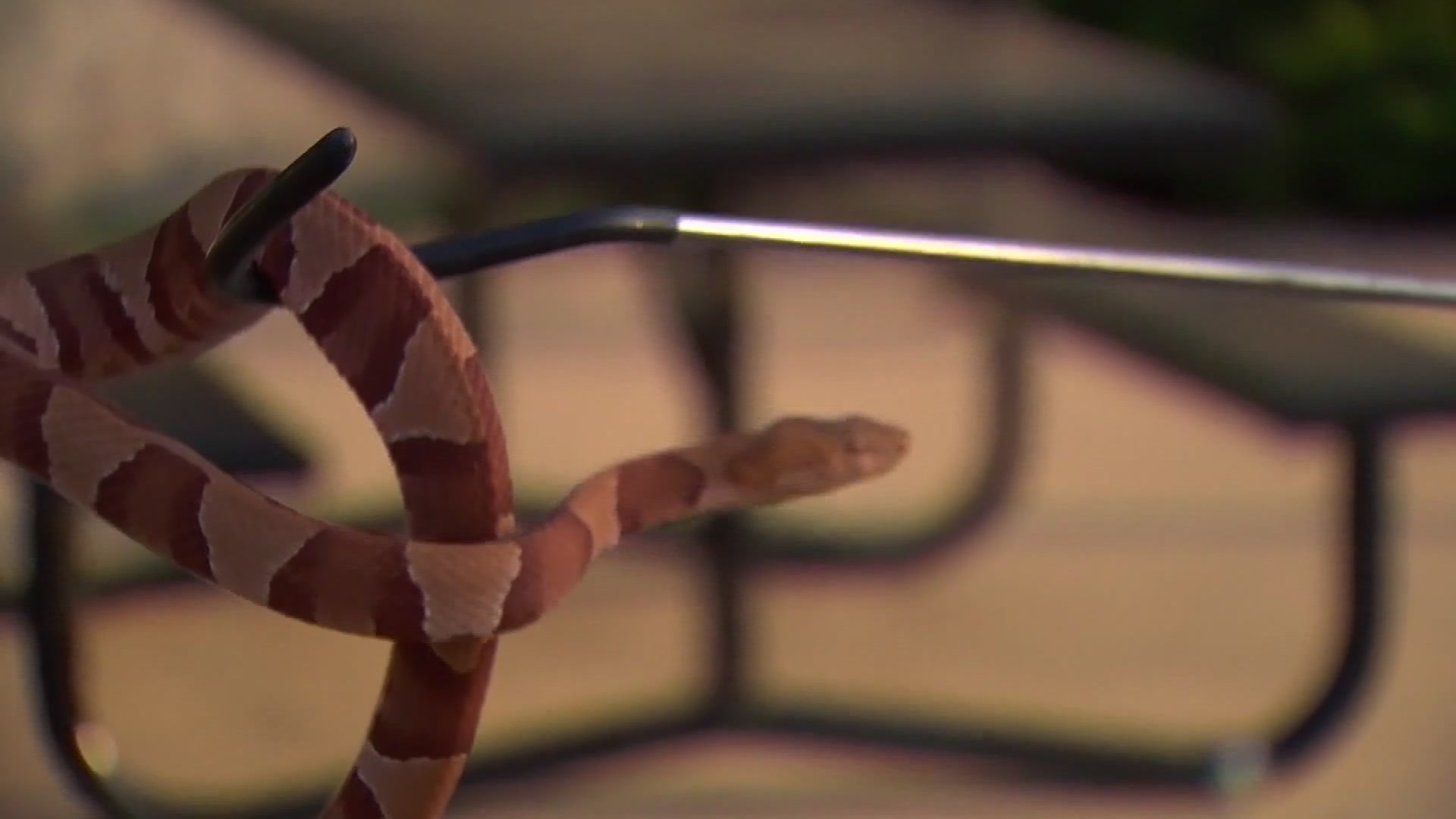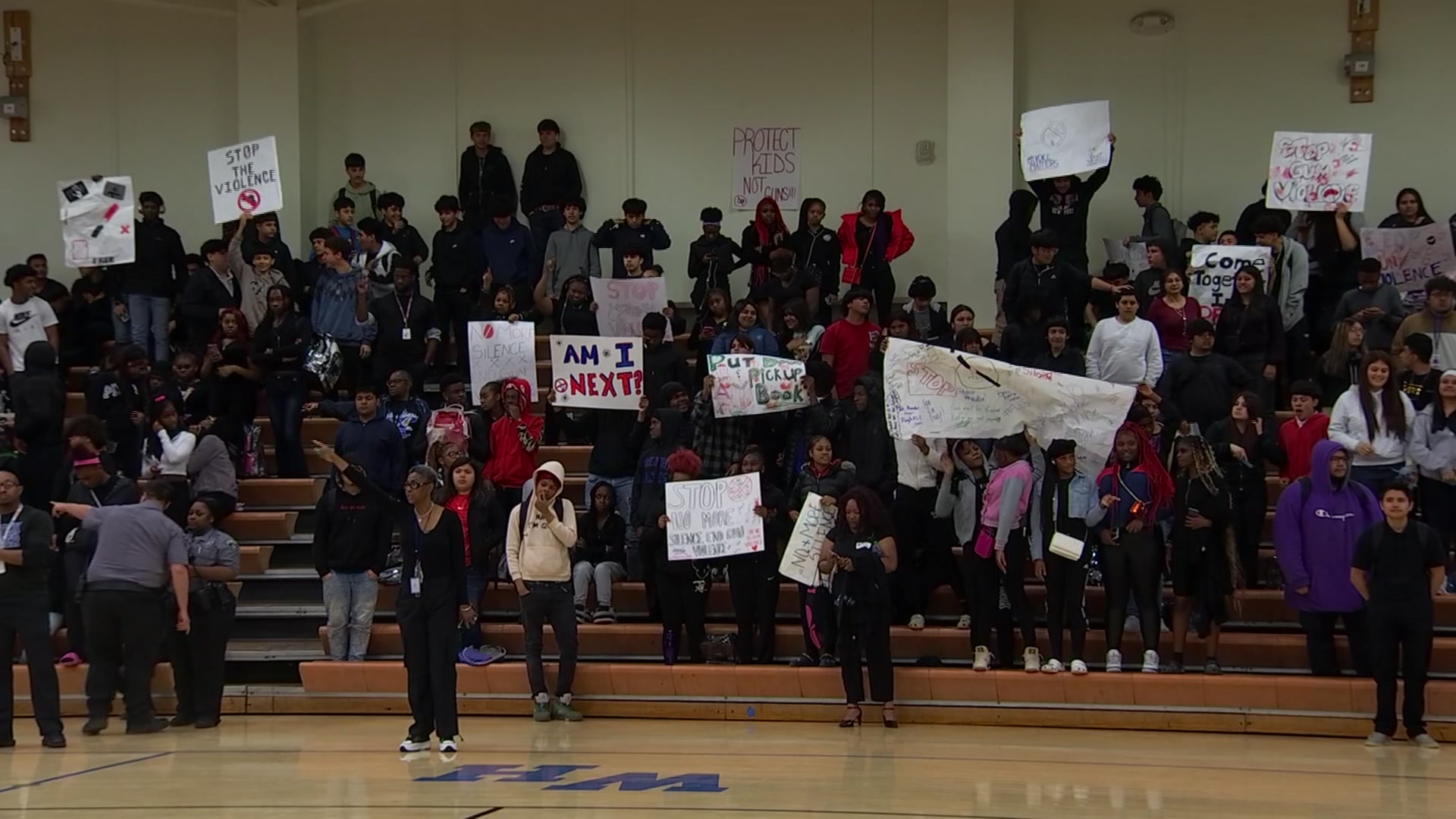David Irving walked away from what could have been a lucrative career in the NFL.
But, he didn't go quietly.
After failing his third drug test in two years, he quit the Dallas Cowboys, he says, to take a stand against the pills the league prescribes to players who are in pain.
Irving says smoking marijuana provides the same relief without potentially dangerous side effects.
"I was given hydrocodone for pain," he said. "For anxiety, Xanax. For sleep, Ambien and Seroquel and I was also given Gabapentin. These were pills that I was prescribed to live, by the NFL, to help me get by. Marijuana covers all those bases. You can take it to go to sleep, you can take it for your mood. You can take it for anxiety. CBD helps with inflammation, pain, just like all the pills, but it doesn't kill your liver and it's not addictive."
In 2017, The National Academies of Sciences, Engineering and Medicine published a report on the health effects of cannabis. Its research found, among other things, that there is conclusive or substantial evidence that marijuana is effective for treating chronic pain in adults. It also revealed there's moderate evidence that it improved short-term sleep outcomes for those who had sleep disturbance associated with chronic pain.
Irving says his doctor in California first prescribed him marijuana to relieve stress and pain.
Local
The latest news from around North Texas.
Football is no doubt a physical sport and injuries can linger for years and that's why Irving says so many players turn to marijuana, though you'll never hear current players admit it.
"Eighty-five percent of us, on each team, not just players, players and staff indulge," Irving claimed. "I've been around it. It's not just the Cowboys, it's everywhere you go, it's been that way since college, really."
David says an ounce of marijuana will last him about a month and a half, but when he was playing with the Cowboys he says he smoked that much every day.
"We'd have a break after our walk through before practice, I would go smoke," he said. "After practice, I would go home and smoke, and sometimes teammates would come over with me and we'd all just relax a little bit. Go back and have meetings, go back home, smoke again eat dinner. Smoke again. Play video games, smoke again. Then, go to sleep."
The Dallas Cowboys declined our request for comment.
Irving is a single dad. He lives with his daughter and younger brother, in a house he's renting two hours southeast of Los Angeles.
All that's left of his brief NFL career is on a display case in the entryway of his modest home.
"I don't have a big mansion to show all of my achievements," Irving added. "I don't have all these fancy Lamborghini's or whatever it is. That display case is all that I have from my games."
According to his contract, Irving could have earned more than $3 million while playing with the Cowboys, but three failed drug tests cost him.
"Had I not got in trouble, with my stats, the way they were adding up, I was a 100-million-dollar man," David claimed. "And I say that confidently."
Instead, over the course of his career Irving made about $1 million.
He's leveraging what he did make on a new business venture called the Cannabis Passport. It's a pocket-sized package of rolling paper and filters.
"We're actually taking money that we get from this and we're using it to fund studies about CTE and how CBD in marijuana can help you with CTE," Irving added.
When asked what it would take for Irving, who's just 26 years old, to be reinstated in the NFL, he responded:
"At this point I think it'll take me to go to another four to six months of rehab for marijuana. It'll take me to play for free, basically, for a year and come back and prove myself."
The one thing he didn't say was quit smoking.
"I'm not," he added. "I'm making a stand for all NFL players that came before me and will come after me. We shouldn't have to take pills in order to keep our bodies right."
Despite multiple attempts to reach the National Football League for a response, our phone calls and e-mails were never returned.




